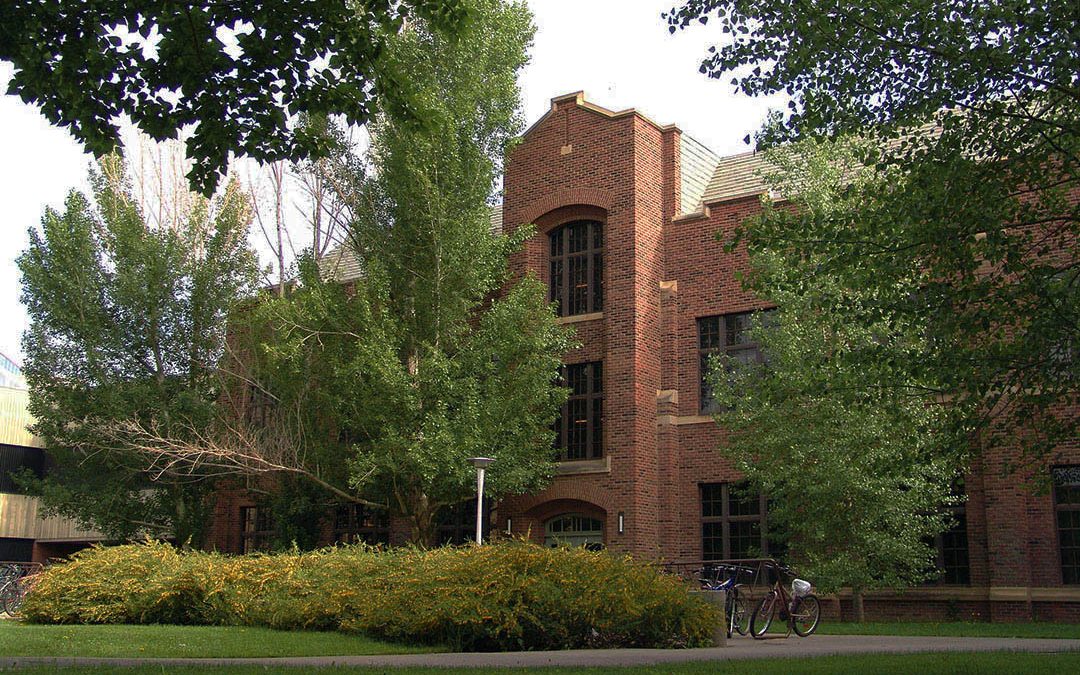A researcher from the University of Saskatchewan believes she has found ways to improve a northern Saskatchewan health program aimed at children.
Dr. Charlene Thompson recently did her thesis on ways to improve the KidsFirst North program, which aims to improve the health of Indigenous children.
Thompson believes KidsFirst North is already doing strong work but believes her research can help their cause.
“KidsFirst does incredible work in northern Saskatchewan, but there are always things we can build on,” said Thompson.
The research study is called Promoting Success in Maternal-Child Programs Serving Indigenous Families.
Thompson says she gathered her research through focus group discussions, one-on-one interviews, and generally observing how the program functions. She believes it was a community-based and community-led approach to research.
Thompson’s study pinpointed two areas that showed where the KidsFirst North program could be more successful.
Firstly, the study showed that jurisdictional policies were negatively affecting program workers. KidsFirst is a provincial program and Thompson noticed when workers tried to do work on First Nation communities, specifically the home visit part of the program, they were unable because reserves fall under federal jurisdiction.
Thompson says while this negatively impacted families her research showed it also took an emotional toll on workers.
“This extra stress on workers creates extra burnout and turnover,” said Thompson. “So now these families who have relied on this incredible staff are losing this important piece that was connecting them to the program.”
Thompson hopes that policymakers will commit to a more collaborative process going forward to avoid these negative impacts.
“We need to remove the criteria that prevent access…we need to remove those invisible lines,” said Thompson. “Policy needs to be determined by multiple stakeholders to include Indigenous and local communities at the table.”
Another area Thompson’s study found, which could help the KidsFirst North program was the better inclusion of fathers in the process.
“Even though KidsFirst uses language that is inclusive and invites fathers to be involved there are ways we saw that the program could get fathers more included and more involved.”
Thompson has been a public health nurse for 20 years with much of her work done with Indigenous families. She says she was frustrated with the inequity she saw in her practice, which lead her to go back to school, to do her master’s in public health and now her doctorate.
“I want to work with communities on whatever they think will help to foster their health or improve their health,” said Thompson. “I aspire to one day being considered an ally.”
She thinks the findings from this project can also help other programs with their own planning and development.
